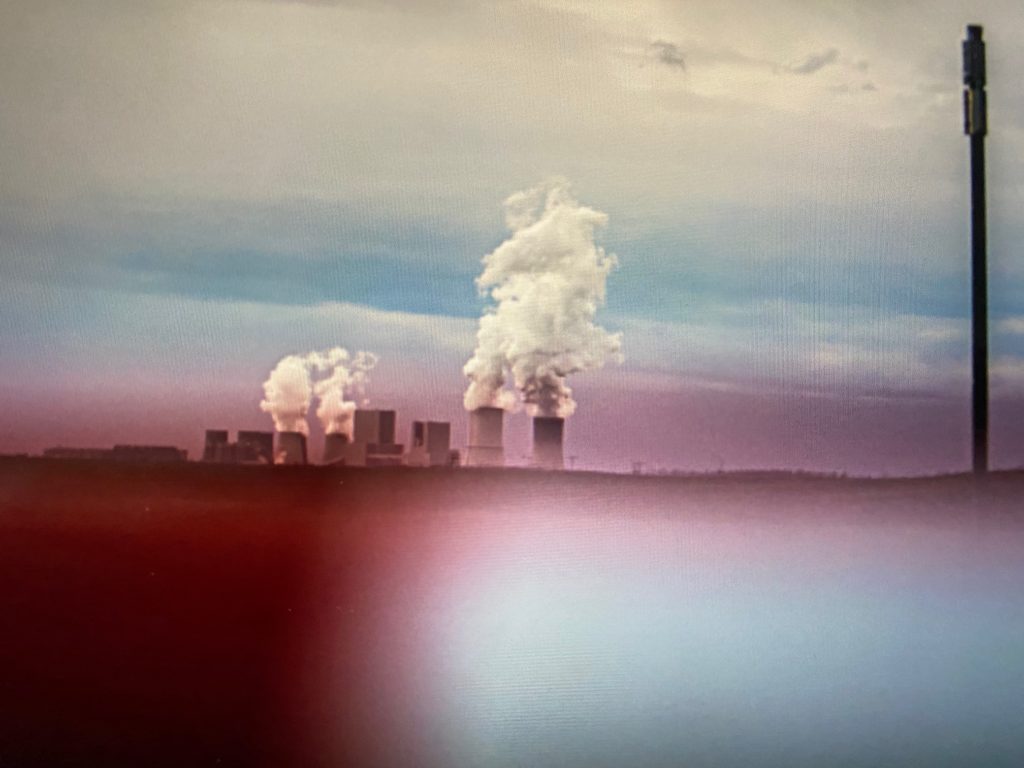COVID-19 May Be “A Walk in the Park” Compared to Climate Change?
Greetings! I’ve just read a new blog by Microsoft co-founder, Bill Gates talking about both COVID-19 and climate change. Of course, they are both incredibly severe global events, which are devastating to human lives and economies. COVID-19 is only about nine months old. This pandemic has already created havoc across the planet. As of this writing and using the Johns Hopkins Coronavirus Research Center figures, there are 21.8 million cases worldwide with a staggering 776,819 deaths. Mr. Gates explained COVID-19 is clearly, “A global crisis [that] has shocked the world. It is causing a tragic number of deaths, making people afraid to leave home, and leading to economic hardship not seen in many generations. Its effects are rippling across the world.”
Just five short years ago in 2015, during a TED talk conference, Bill Gates warned that a virus much like the 1918 Spanish flu would spread across the planet “very quickly.” Mr. Gates talked about what was learned in Western Africa’s 2014 Ebola outbreak. His message was that the United States, along with other countries would not be prepared or ready for a future pandemic. “If anything kills over 10 million people in the next few decades, it’s most likely to be a highly infectious virus rather than a war,” Mr. Gates said. “Not missiles, but microbes.”
Fast-forward to 2020 and here we are with the COVID-19 pandemic, which has been creating chaos since the end of January. However, Gates warns us during his recent blog on GatesNotes of another global crisis, climate change, which could actually be worse than this pandemic. He said, “I realize that it’s hard to think about a problem like climate change right now. When disaster strikes, it is human nature to worry only about meeting our most immediate needs, especially when the disaster is as bad as COVID-19. But the fact that dramatically higher temperatures seem far off in the future does not make them any less of a problem—and the only way to avoid the worst possible climate outcomes is to accelerate our efforts now. Even as the world works to stop the novel coronavirus and begin recovering from it, we also need to act now to avoid a climate disaster by building and deploying innovations that will let us eliminate our greenhouse gas emissions.”
“You may have seen projections that, because economic activity has slowed down so much, the world will emit fewer greenhouse gases this year than last year. Although these projections are certainly true, their importance for the fight against climate change has been overstated.
Analysts disagree about how much emissions will go down this year, but the International Energy Agency puts the reduction around 8 percent. In real terms, that means we will release the equivalent of around 47 billion tons of carbon, instead of 51 billion.
That’s a meaningful reduction, and we would be in great shape if we could continue that rate of decrease every year. Unfortunately, we can’t.”
Mr. Gates continued and said, “What’s remarkable is not how much emissions will go down because of the pandemic, but how little.” Unfortunately, with all of the economic pain, and job loss from this pandemic, Gates explained that, “we are still on track to emit 92 percent as much carbon as we did last year. What’s remarkable is not how much emissions will go down because of the pandemic, but how little.”
“To see why, let’s look at what it costs to avert a single ton of greenhouse gases. This figure—the cost per ton of carbon averted—is a tool that economists use to compare the expense of different carbon-reduction strategies. For example, if you have a technology that costs $1 million, and using it lets you avert the release of 10,000 tons of gas, you’re paying $100 per ton of carbon averted. In reality, $100 per ton would still be pretty expensive. But many economists think this price reflects the true cost of greenhouse gases to society, and it also happens to be a memorable round number that makes a good benchmark for discussions.”
“Now let’s treat the shutdown caused by COVID-19 as if it were a carbon-reduction strategy. Has closing off major parts of the economy avoided emissions at anything close to $100 per ton?”
“No. In the United States, according to data from the Rhodium Group, it comes to between $3,200 and $5,400 per ton. In the European Union, it’s roughly the same amount. In other words, the shutdown is reducing emissions at a cost between 32 and 54 times the $100 per ton that economists consider a reasonable price.”
Mr. Gates explained, “To understand the kind of damage that climate change will inflict, look at COVID-19 and spread the pain out over a much longer period.”
“If you want to understand the kind of damage that climate change will inflict, look at COVID-19 and spread the pain out over a much longer period of time. The loss of life and economic misery caused by this pandemic are on par with what will happen regularly if we do not eliminate the world’s carbon emissions.”
“Let’s look first at the loss of life. How many people will be killed by COVID-19 versus by climate change? Because we want to compare events that happen at different points in time—the pandemic in 2020 and climate change in, say, 2060—and the global population will change in that time, we can’t compare the absolute numbers of deaths. Instead we will use the death rate: that is, the number of deaths per 100,000 people.”
“As of last week, more than 600,000 people are known to have died from COVID-19 worldwide. On an annualized basis, that is a death rate of 14 per 100,000 people. How does that compare to climate change? Within the next 40 years, increases in global temperatures are projected to raise global mortality rates by the same amount—14 deaths per 100,000. By the end of the century, if emissions growth stays high, climate change could be responsible for 73 extra deaths per 100,000 people. In a lower emissions scenario, the death rate drops to 10 per 100,000.”
“In other words, by 2060, climate change could be just as deadly as COVID-19, and by 2100 it could be five times as deadly.”
“The economic picture is also stark. The range of likely impacts from climate change and from COVID-19 varies quite a bit, depending on which economic model you use. But the conclusion is unmistakable: In the next decade or two, the economic damage caused by climate change will likely be as bad as having a COVID-sized pandemic every ten years. And by the end of the century, it will be much worse if the world remains on its current emissions path.”
Thompson Mill Press also on a mission to increase the awareness of the serious effects of climate change by introducing our fourth installment in the award-winning Kobee Manatee® Children’s Educational Picture Book series. Our new title, Kobee Manatee® The Great Blue Hole Hazard, by author Robert Scott Thayer and illustrator Lauren Gallegos will be targeted to [K-3] and it will talk about both climate change and plastic pollution with Dr. Tracy Fanara.

Stay tuned for the upcoming publication date of this important title!
If you see any sick or injured manatees, please call the Florida Fish and Wildlife Conservation Commission at: 1-888-404-FWCC. They are the folks who are responsible for rescuing us in Florida.
Here’s the Save the Manatee Club link to learn more about us manatees …
Here’s a cool link for you to learn more about how we’re rescued and brought into rehabilitation …
~ Kobee Manatee
Related Posts
NASA Reveals Solid Scientific Evidence “Climate Change” is Undoubtedly Real! (August 25, 2016)
Could Climate Change Wipe Out Coral Reef Fish? (November 8, 2017)
A National Geographic’s Top 20 Must-See Haven Sinking into Rising Waters of Climate Change! (March 9, 2017)
Are You Ready for Coastal Flooding every Two Weeks from Climate Change? (June 21, 2018)
UNESCO – Its Paramount Role in Ocean Acidification Awareness, (January 8, 2016)
